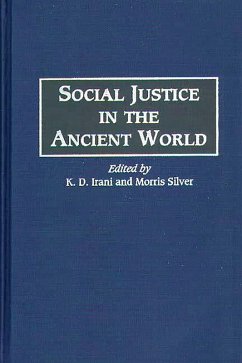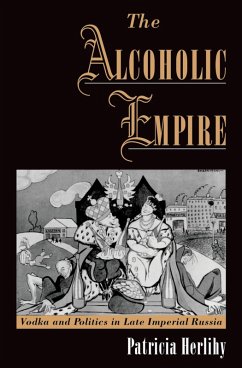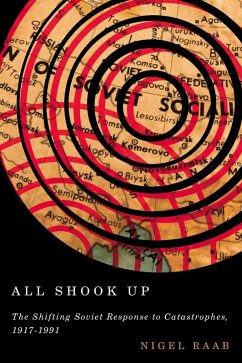
Ambivalent Embrace (eBook, PDF)
America's Troubled Relations with Spain from the Revolutionary War to the Cold War
Versandkostenfrei!
Sofort per Download lieferbar
58,95 €
inkl. MwSt.
Weitere Ausgaben:

PAYBACK Punkte
29 °P sammeln!
For nearly two centuries interaction between Spain and the United States was characterized by cultural and political differences, mutually perceived conflicts of national interest, and an asymmetry of power. Botero identifies the period from 1945 to 1953 as a watershed in relations, as the two countries moved from a hostile posture towards a friendly rapprochement. He shows why, in spite of political differences, mutual distrust, and reciprocal grievances, both governments found it in their best interest to reach an agreement on the issue of European defense. This study documents, for the firs...
For nearly two centuries interaction between Spain and the United States was characterized by cultural and political differences, mutually perceived conflicts of national interest, and an asymmetry of power. Botero identifies the period from 1945 to 1953 as a watershed in relations, as the two countries moved from a hostile posture towards a friendly rapprochement. He shows why, in spite of political differences, mutual distrust, and reciprocal grievances, both governments found it in their best interest to reach an agreement on the issue of European defense. This study documents, for the first time, the extraordinary lengths to which the Franco regime was prepared to go to improve its relations with the United States. Beginning with the Spanish monarchy's decision to assist the thirteen colonies in their struggle for independence, Botero examines treaty negotiations in 1795 and 1821 that involved Spain's territorial possessions in North America. He then looks at how friction over events in Cuba culminated in the Spanish-American War of 1898. Several decades of mutual disengagement followed until the two nations again clashed over the early pro-Axis sympathy of the Franco regime. The fear of Soviet aggression would finally unite the two in the post-World War II era with a bilateral agreement to establish military bases in Spain as part of strategic arrangements to defend Western Europe.













